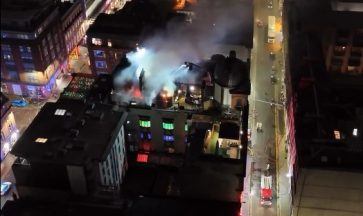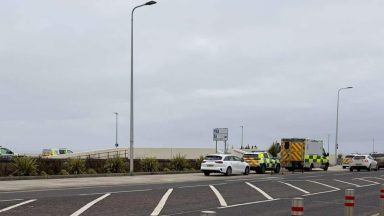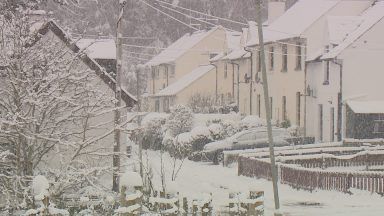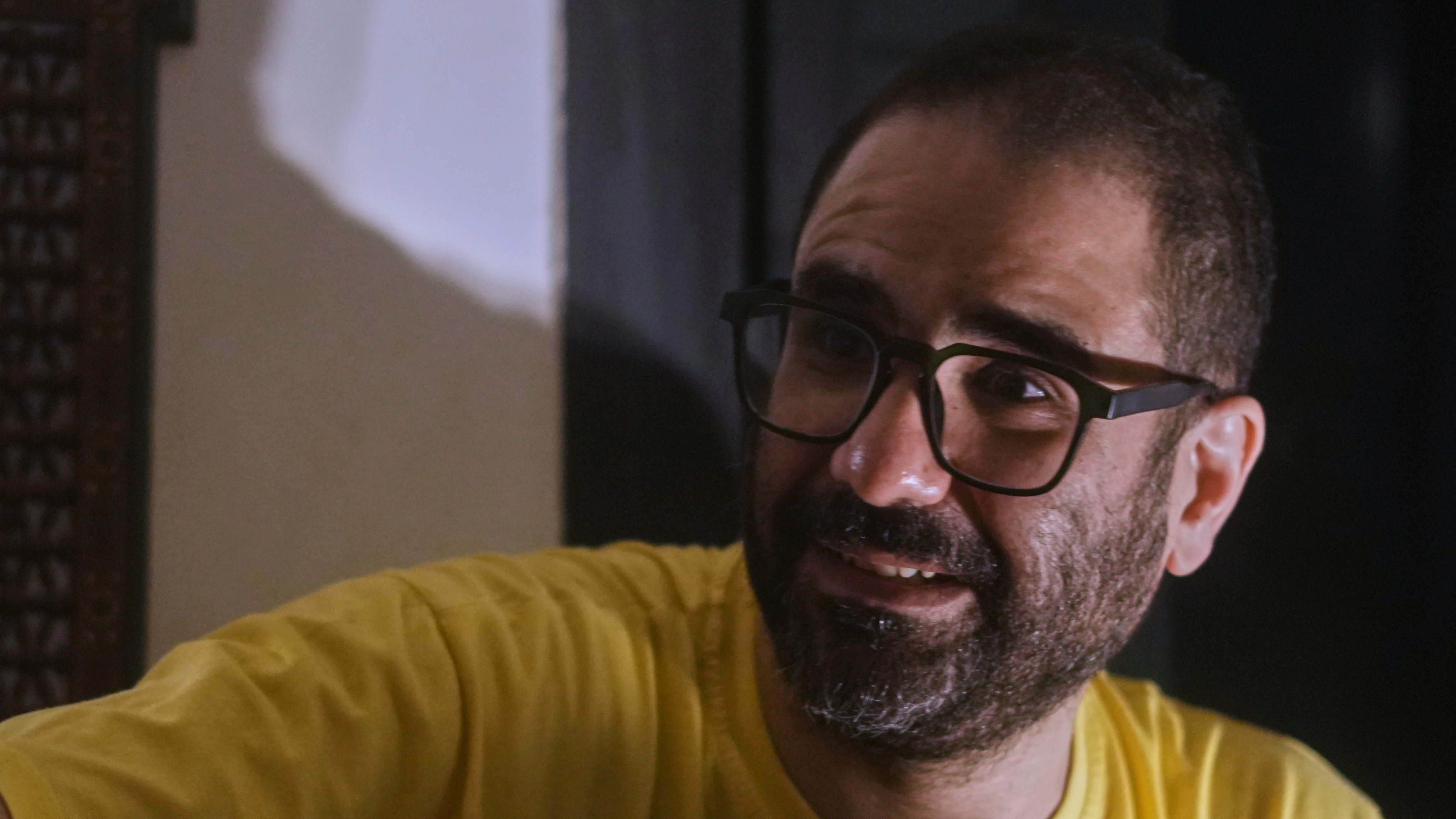Stargazers in Spain and Portugal were stunned on Saturday night as a glowing fireball shot overhead and turned the night sky a greenish-blue.
A number of excited witnesses of the event uploaded stunning footage on social media, and now the European Space Agency has provided details on the flying object and its journey.
In an update on X on Sunday morning, the ESA said: “It appears that this object was a small piece of a comet.
“We estimate that it flew over Spain and Portugal travelling at ~45 km/s before burning up over the Atlantic Ocean at an altitude of ~60 km.
The likelihood of any meteorites being found is very low.”
The ESA previously said its Planetary Defence Office was analysing the size and trajectory of the object to assess the chance that any material made it to the surface.
It added that the meteor, caught on camera at around 10:45pm, was “not tracked or reported prior to impact”.
The difference between a meteoroids, meteors, meteorites, comets and asteroids, according to NASA
- Meteoroids: These rocks still are in space. Meteoroids range in size from dust grains to small asteroids. Most meteoroids are pieces of other, larger bodies that have been broken or blasted off.
Some come from comets, others from asteroids, and some even come from the Moon and other planets. - Meteors: When meteoroids enter Earth’s atmosphere (or that of another planet) at high speed and burn up, the fireballs or “shooting stars” are called meteors.
- Meteorites: When a meteoroid survives a trip through the atmosphere and hits the ground, it’s called a meteorite.
- Comets: Comets are large objects made of dust and ice that orbit the Sun. Best known for their long, streaming tails, these ancient objects are leftovers from the formation of the solar system 4.6 billion years ago.
- Asteroids: Asteroids, sometimes called minor planets, are rocky, airless remnants left over from the early formation of our solar system about 4.6 billion years ago. Unlike comets, they are not composed of ice and dust.
Follow STV News on WhatsApp
Scan the QR code on your mobile device for all the latest news from around the country



























